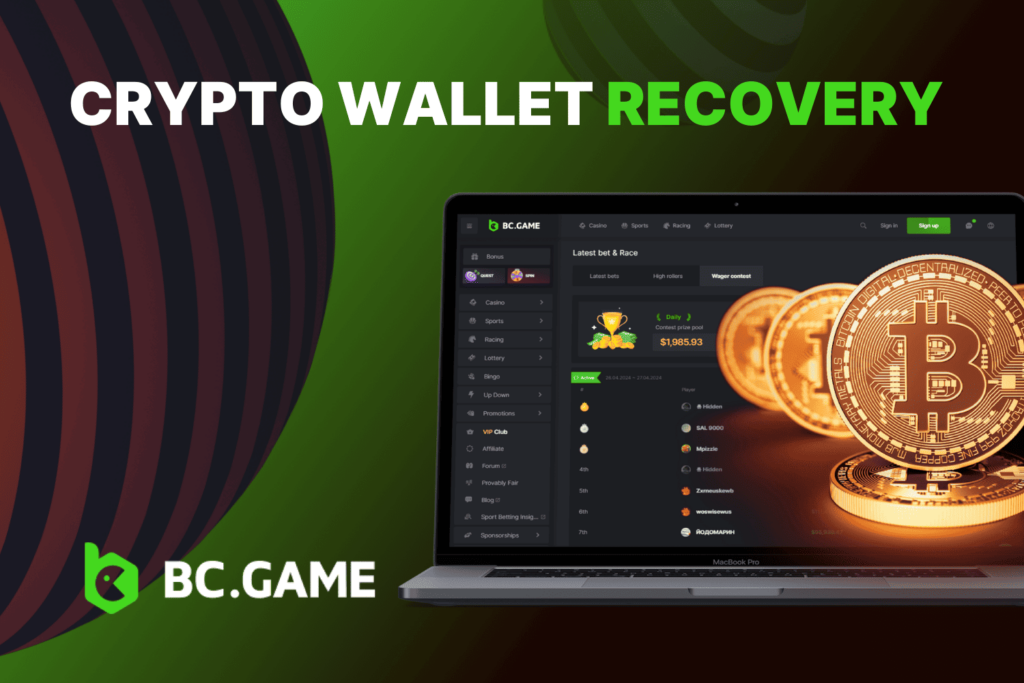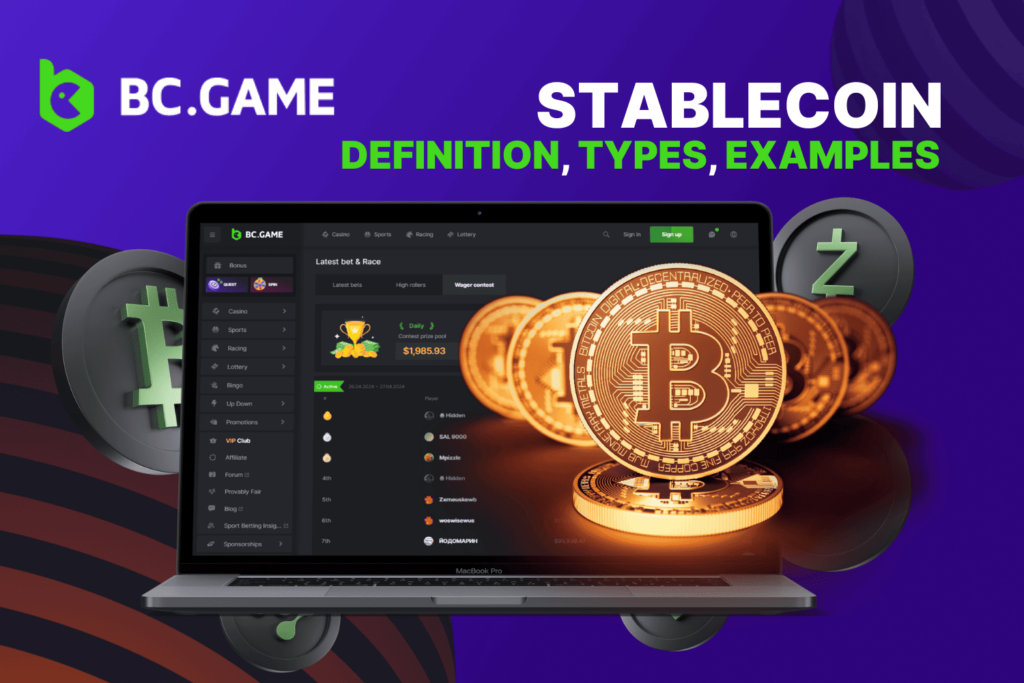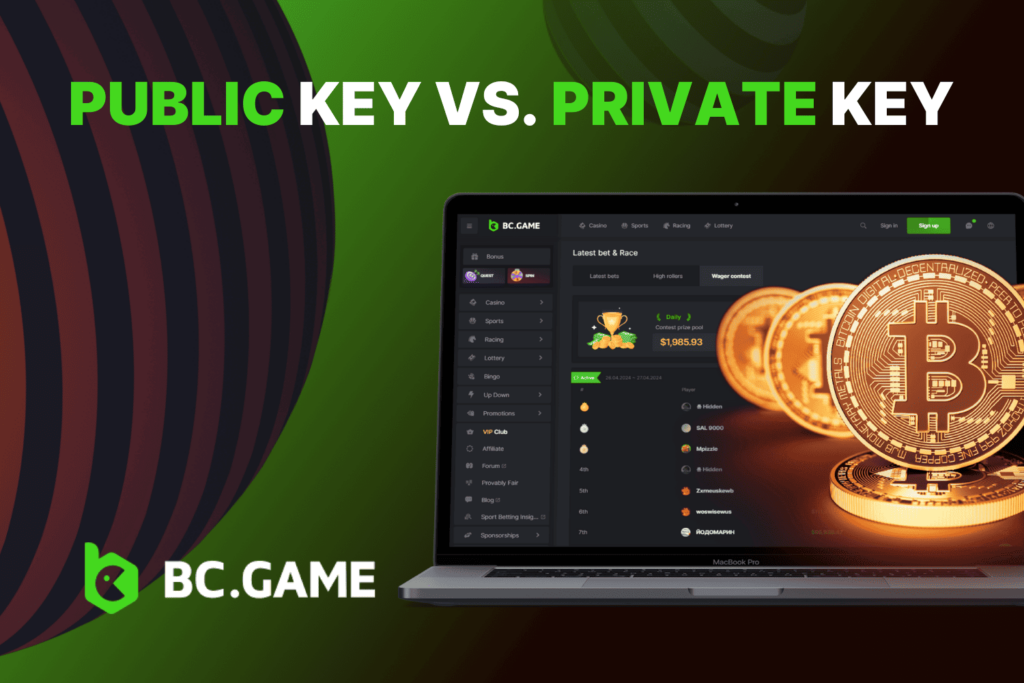
In the realm of finance, what is a bitcoin is more than just a catchphrase. Operating outside the regular banking system, this innovative digital currency provides consumers with a substitute for more conventional means of money exchange. Bitcoin is essentially a distributed cryptocurrency made use of blockchain technology to guarantee open and safe transactions. Bitcoin is a peer-to-peer digital currency that lets people conduct transactions between each other, unlike conventional fiat currencies, which are under control by a central authority like a government or bank.
Because the bitcoin cryptocurrency can run on its own, it has attracted a lot of interest and its expansion has upset established financial structures. Beyond just being a digital currency, bitcoin reflects a fundamental change in how people understand and handle money. Whether you know about it or not, knowing what a bitcoin is crucial because it will influence trade and finance going forward all around.

Although its value has changed over time, its potential as both a store of wealth and a means of exchange attracts new investors, tech aficionados, and financial institutions constantly. Leading with the biggest market value, the bitcoin cryptocurrency has also generated a whole new sector known as the cryptocurrency market.
The Origins of Bitcoin
The path of Bitcoin started in the wake of the financial crisis of 2008, a time when confidence in conventional banking institutions was seriously disrupted. Anonymized Satoshi Nakamoto brought the concept of distributed money free from government control to life. Though his or her brainchild transformed the financial industry, Nakamoto’s actual identity is still unknown today. Understanding what is the meaning of Bitcoin helps explain its foundational principle as a decentralized currency that operates independently of traditional financial systems, offering both a store of value and a new way to exchange money.
When Nakamoto delivered 10 BTC (bitcoins) to a computer scientist called Hal Finney on January 12, 2009, the first known instance of bitcoin in use took place. This was the first-ever Bitcoin transaction and set the groundwork for what would turn out to be a whole fresh financial environment.
From its modest origins as a concept to the first Bitcoin transaction, the currency has evolved to become a worldwide phenomenon changing people’s perceptions of and use for money. Unquestionably, Bitcoin has disruptive power for both daily transactions and investments; its past has helped thousands of other cryptocurrencies to flourish.
How Bitcoin Works
Operating on a distributed ledger system called blockchain, which guarantees security and openness for every transaction, Bitcoin runs on a scattered network. Unlike governments’ conventional currencies, bitcoin crypto doesn’t depend on a central authority. Rather, a system of computers (or nodes) collaboratively confirms and logs every transfer, therefore validating transactions. This procedure guarantees that Bitcoin transactions are tamper-proof and unchangeable, therefore strengthening the system.
Once validated by miners—who utilize computer capability to solve challenging cryptographic puzzles—every time someone transmits Bitcoin to another user, the transaction is recorded on the Blockchain. Once the transaction is verified, it cannot be changed, therefore offering an unparalleled degree of security. Key factors making Bitcoin such a breakthrough technology transparent and secure are these ones.
Bitcoin’s distributed design allows peer-to-peer transactions free from middlemen like banks. In addition to lowering transaction costs, this makes Bitcoin appealing to those seeking a more quick approach to sending money abroad. Grasping the wider consequences of Bitcoin for the future of financial institutions and transactions worldwide depends on knowing what it is.
Bitcoin’s Key Features
| ☑️ Feature | 📝 Description |
|---|---|
| Decentralization | Bitcoin operates without a central authority, allowing for peer-to-peer transactions. |
| Blockchain Technology | Transactions are recorded on a public ledger that is distributed across the network, ensuring security and transparency. |
| Security | Bitcoin transactions are encrypted and require validation from miners to prevent fraud. |
| Limited Supply | Only 21 million bitcoins will ever exist, making it a deflationary asset. |
| Global Accessibility | Bitcoin can be sent anywhere in the world, with no restrictions imposed by borders or governments. |
How to Purchase Bitcoin
Choose a Crypto Trading Platform or Exchange
- To start, you need to select a reliable cryptocurrency exchange or platform that allows buying Bitcoin. Popular platforms include Binance, Coinbase, Kraken, and others.
Create an Account
- Once you’ve chosen your platform, sign up by creating an account. This typically involves providing some personal information and verifying your identity to comply with regulatory requirements.
Deposit Funds
- After setting up your account, deposit your fiat money (like INR, USD, etc.) into your platform account. This can be done via bank transfer, credit card, or other available payment methods.
Buy Bitcoin
- Once your funds are in your account, navigate to the Bitcoin section of the platform. Select how much Bitcoin you wish to buy, and confirm the transaction. The platform will then execute the trade and transfer Bitcoin to your account.
Visit our in-depth guide on Crypto Exchange for comprehensive knowledge on the methodical process of getting Bitcoin and a grasp of crypto exchange platforms.
How to Use Bitcoin
Whether for daily activities, trading, or investing, using Bitcoin requires many acts that let you enjoy its advantages. One may keep Bitcoin in a digital wallet—hardware-based, online, offline, or digital. You may safely handle your Bitcoin, forward it to others, and be paid using these wallets.
All you have to do to spend Bitcoin is move it to another user’s wallet address. Depending on the traffic of the network, this procedure is quick and usually finished in a few minutes. Why should one use Bitcoin? It may be held as a store of value, traded on crypto exchanges, or bought products and services from companies that take Bitcoin.
Bitcoin may also be used on many platforms for people wishing to trade or invest; you can purchase, sell, and exchange it against other cryptocurrencies or fiat money. As bitcoin extends into a new means to trade, invest, and even save, its significance goes well beyond merely an asset or money as it gains greater acceptability all around.
Bitcoin’s Impact on the Financial World
The worldwide financial system has been profoundly changed by the arrival of Bitcoin. Its distributed character questions established banking structures and returns financial power to people. Eliminating the need for middlemen like banks, Bitcoin offers a quicker, less expensive substitute for conventional payment systems that are also more transparent.
Rising Bitcoin has spurred the creation of a new ecosystem of cryptocurrencies and blockchain technology, transforming supply chains, real estate, and banking among other sectors. It also helped open the path for new financial products like distributed finance (DeFi), which seeks to substitute blockchain-based substitutes for centralized financial services.
The impact of bitcoin cryptocurrency on the banking industry becomes increasingly clear as it keeps becoming more and more popular. Central banks have been exploring digital currencies under encouragement; their volatility has attracted more interest in cryptocurrencies as a tool for diversifying investment portfolios and asset classes.




















